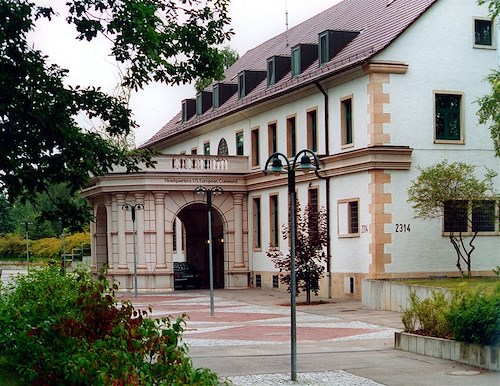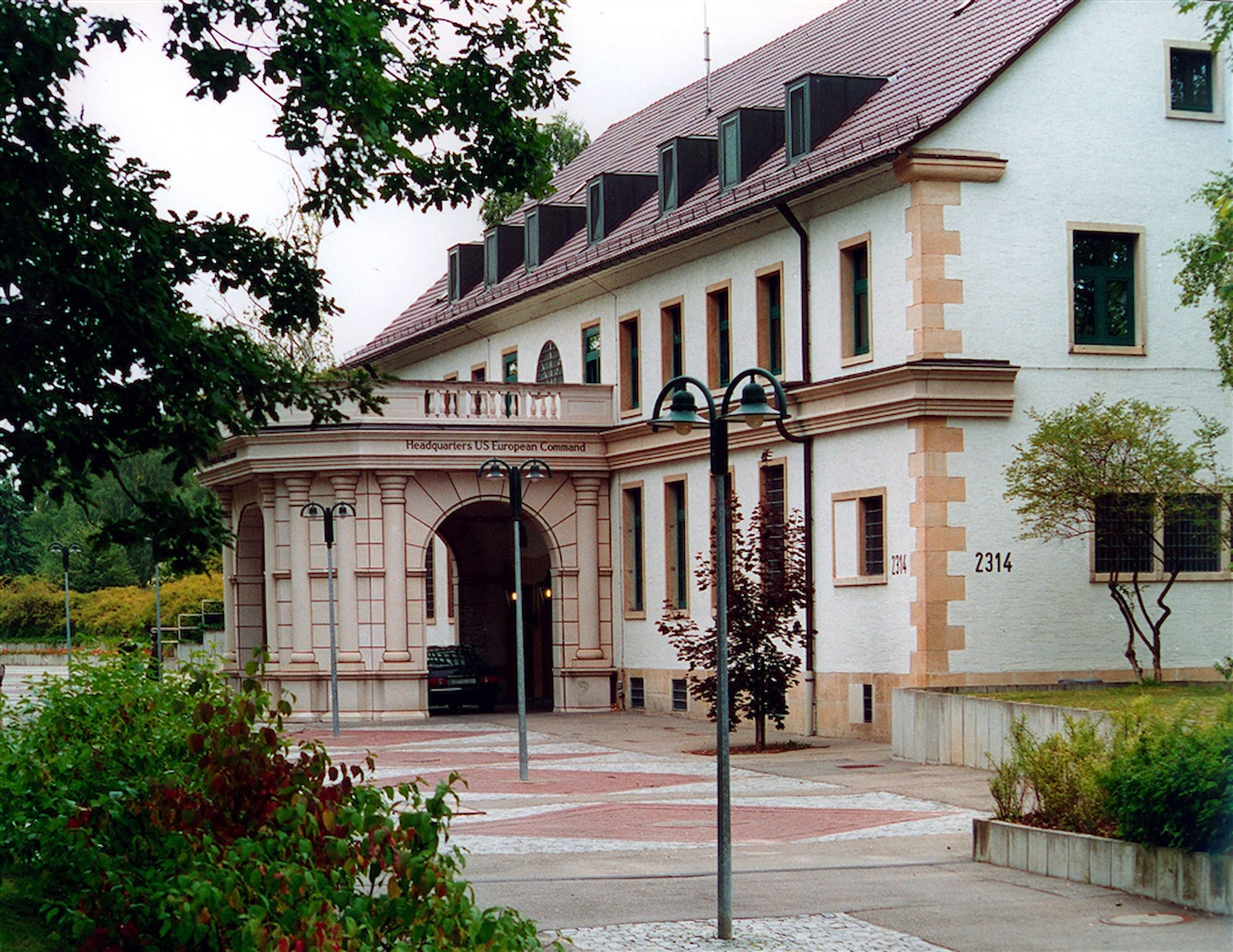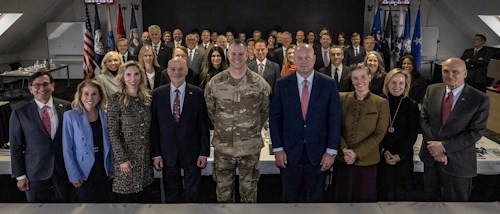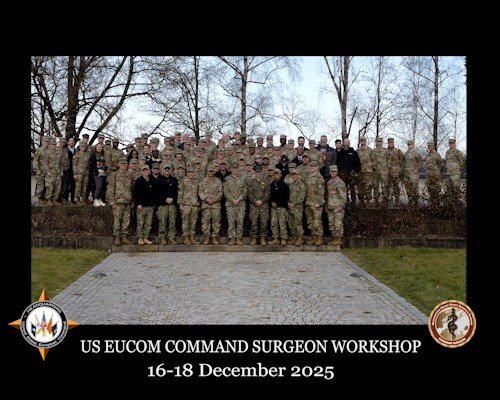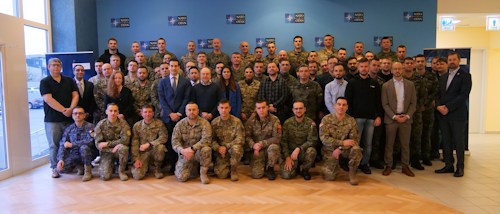Gallery contains 1 image
×
Photo 1 of 1
U.S., Allies meet to discuss European Strategy and Global Integration
Military and political officials from the U.S. and more than a dozen nations gathered this week for the sixth annual European Strategy Conference and Workshops (ESCW) to share perceptions and strategies aimed at increasing global integration, stability, and security across the European theater.
The four-day event was comprised of multiple keynote speakers and panel discussions on critical issues such as malign influence, synchronization and collaboration to achieve security objectives, as well as ways to improve partnerships and transparency across the Alliance.
The conference also afforded leaders an opportunity to openly and candidly discuss approaches to further synchronize interagency efforts to implement both the National Defense Strategy and National Military Strategy.
Hosted by U.S. European Command's (USEUCOM) Director of Plans, Policy, and Strategy Maj. Gen. David Julazadeh, more than 500 attendees participated in the discussions.
“The conference is USEUCOM's premier opportunity to bring together U.S. and Allied military and civilian leaders to focus collaboratively and collectively on addressing today's dynamic security environment,” said Julazadeh.
Senior leaders and security experts from the Department of Defense, Department of State, NATO and other agencies representing the whole of government participated in the conference. Featured keynote speakers included Commander, U.S. European Command Gen. Tod D. Wolters and Vice Chairman of the Joint Chiefs of Staff Gen. John Hyten.
Wolters, who also serves as Supreme Allied Commander Europe, emphasized the importance of globally integrated joint and combined operations and a steadfast commitment to NATO, which has served as the anchor for Euro-Atlantic security for the past 70 years.
“This conference demonstrates the power of alignment and partnership,” said Wolters. “We are stronger together.”
Hyten stressed the significance of the ESCW and the critical role partnership plays in integrating global capabilities, saying that NATO is strengthened by such efforts and is a “force multiplier.”
With a focus on achieving convergence in an era of constant competition, this iteration of the ESCW allowed geographically separated stakeholders to develop plans supporting the combatant commander's campaign plan, regional cooperation, and a synchronized whole-of-government framework. The event also strengthened solidarity and unity among Allies and partners, fostered alignment of strategies, and enhanced warfighting readiness for the joint force.
Speakers and panelists alike offered the importance of leveraging and bringing together capabilities from multiple commands to confront challenges in the European theater, to include Russia, China and other actors. Additionally, an emphasis was placed on deterrence and the fact that training and exercises with partners and Allies are a primary means of enhancing warfighting readiness across all domains.
Wolters and Hyten emphasized the importance of shared values, partnerships, and how presence matters.
“We work closely with our European partners on interoperability,” said Hyten, “which is absolutely critical to making sure we can work together, we can communicate together and we can act together.”
“When we strengthen our partnerships, we've strengthened NATO,” he said.
--30--
U.S. European Command is one of two U.S. forward-deployed geographic combatant commands whose area of focus spans across Europe, portions of Asia and the Middle East, and the Arctic and Atlantic oceans. The command is composed of approximately 70,000 military and civilian personnel and is responsible for U.S. defense operations and relations with NATO and 51 countries. For more information about U.S. European Command, visit https://www.eucom.mil.

